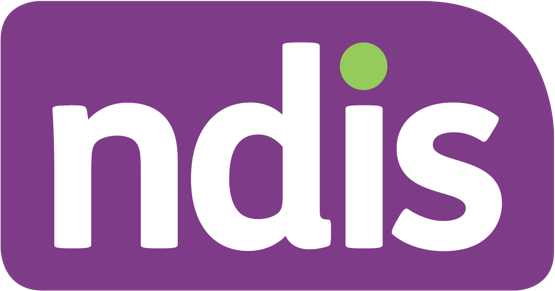NDIS Funding
- Home
- NDIS Funding

What will be funded by NDIS?

The NDIS aimed to offer participants the reasonable and essential assistance and services they need. These assistance options might make managing every aspect of your life easier. The National Disability Insurance Scheme (NDIS) Act of 2013 (NDIS Act) and any rules issued thereunder are followed when assessing a participant to determine what would be considered reasonable and necessary.
They could think about the following kind of assistance:
- certain regular tasks for individuals
- Participation in communal, social, economic, and daily activities is made possible by transportation.
- Workplace support that would enable a participant to find or keep a job
- therapeutic interventions, such as behavior support
- Participants might maintain their home setting with help with household tasks.
- Modifications to the home or car, mobility aids, and assistive technologies
- The support must always be related to the participant’s condition and be shown to be likely to be advantageous and helpful for the participant.
What medical issues are eligible for the NDIS?
The NDIS provides assistance to those who need it with daily activities like self-care, social interaction, learning, communication, and/or mobility, as well as those who have a significant and permanent disability or a child under the age of seven who has a disability or developmental delay and whose condition affects their ability to work.
Although the National Disability Insurance Agency maintains a list of medical illnesses that are probably eligible for NDIS participation, the impact of a given disease on an individual’s functioning may vary greatly. As a result, these lists are not the only factors considered for assessing eligibility.
What medical issues are eligible for the NDIS?
The NDIS provides assistance to those who need it with daily activities like self-care, social interaction, learning, communication, and/or mobility, as well as those who have a significant and permanent disability or a child under the age of seven who has a disability or developmental delay and whose condition affects their ability to work.
Although the National Disability Insurance Agency maintains a list of medical illnesses that are probably eligible for NDIS participation, the impact of a given disease on an individual’s functioning may vary greatly. As a result, these lists are not the only factors considered for assessing eligibility.
Is ADHD covered under NDIS?
Attention Deficit Hyperactivity Disorder (ADHD ) is not eligible for the NDIS since it is not covered by the NDIS plan. T The NDIS is aware that there are many different impairments, including psychosocial disabilities, and if ADHD is connected to an Autism Spectrum Disorder (ASD) or a psychosocial disability, then a person may be compensated for the related disorders.
Is NDIS means tested?
The NDIS is not a tested means, it won’t have an impact on those receiving other forms of income support, such as the Disability Support Pension or the Caretakers Allowance. A participant will only be given funds if it is reasonable and required for them to live a regular life.
How can I apply for the NDIS?
After the National Disability Insurance Agency (NDIA) is established in a certain area, people who are in need of disability support services in Australia may expect hearing from the organization. People who are not receiving the necessary disability services should take the opportunity to get an Access Request Form from the NDIS. The requirements for eligibility are as follows:
- The NDIS is already accessible in your district.
- Being less than the age of 65 at the time of application.
- Having a permanent or protected special category visa, or being an Australian citizen.
- Meeting specified early intervention and/or disability criteria.
**If no more information is needed, the NDIA will respond to an Active Access Request within 21 days of the request.**
How does the NDIS work?
The National Disability Insurance Scheme (NDIS) assists individuals with obvious disabilities, their families, and careers by providing financing for a variety of services and supports. The goal is to help persons with substantial disabilities live normal lives and become more economically and socially integrated into society. The NDIS also provides for early intervention, access to assistive technology, and assistance for persons with disabilities to engage in other activities and access community services. The NDIS has created plans to assist eligible individuals with their main requirements since it is aware of the variations in individual needs. Please be aware that the NDIS does not provide any services or assistance that are not already provided by other organizations, such as Medicare, which is only available in certain regions in Australia.